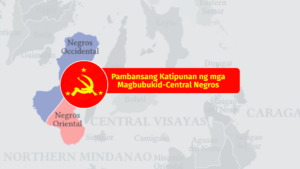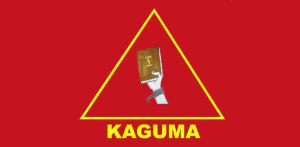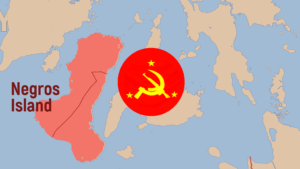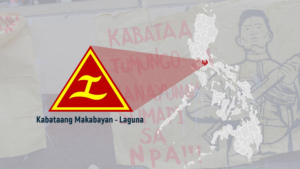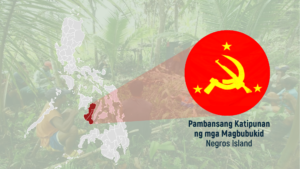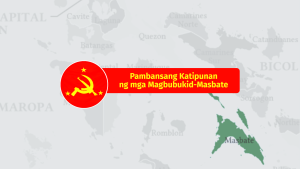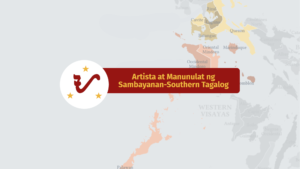Agrarian reform in the Philippines: empty talk, zero action
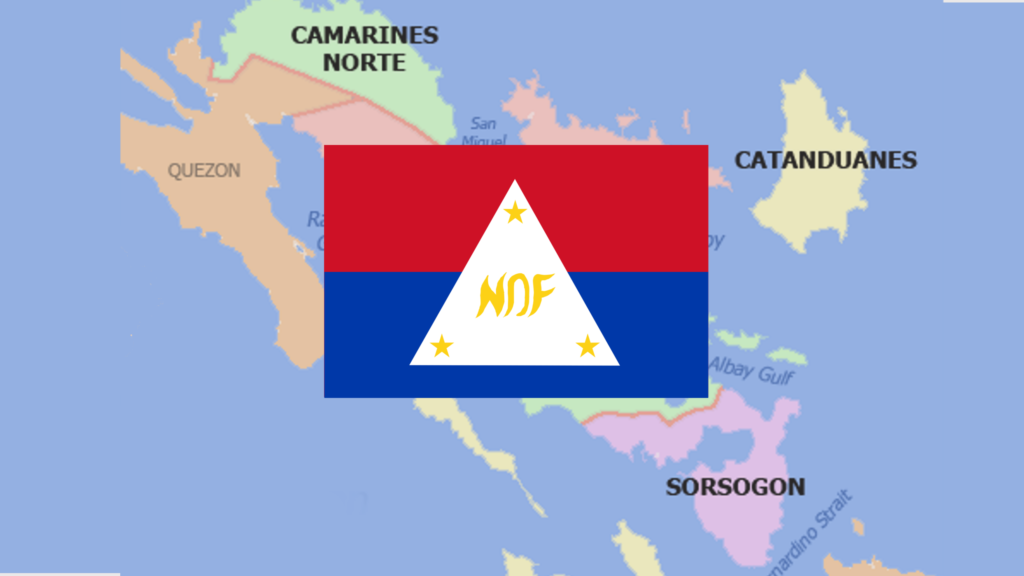
According to the Dept. of Agrarian Reform-Bicol, Bongbong Marcos’ agrarian reform project is exemplary. Many Bikolanos will purportedly benefit from it. They claimed that more than 17,000 farmers in the region will be awarded with lands. They even gushed about giving out 189 hectares of land to 89 beneficiaries in Masbate this September 15. The audacity of these people to prattle off these grand data. The question is, where is this in reality? How many technocrats and DAR officials have had interviews and had spouted the same drivel before? From his dictator father to Bongbong Marcos’ regime now, agrarian reform has always been an empty promise buried time and again.
The illusion that this regime peddles and the actual experience of Bikolanos are from two parallel existences. Just this August, 94 peasant families were forced out of the 550-hectare land they were cultivating in barangays Cabungahan, Calapayan and Villaluna of Cawayan in Masbate. Then there is the case of the more than 6,956 residents who were displaced from the 408-hectare land covering barangays Alobo, Burgos, Kinawitan and Gapo of Daraga as well as Del Rosario of Camalig because of the Bicol International Airport. Another 15 barrios were also road-killed by the Pasacao-Balatan Nautical Tourism Highway in Camarines Sur. Hundreds of families were also driven away from their communities in the towns of Dimasalang, Palanas and Uson in the name of the P190.19 billion Masbate International Tourism Enterprise and Special Economic Zone (Mpark). There are a thousand other cases. So, representatives of this regime only waste time in yakking off on data that everybody knows only exist in the world of could-have-beens and should-have-beens.
Even more frustrating, after being fed empty promises for more than 50 years and having nothing to show for it, peasants have been the primary targets of state violence. Six for every 10 killed in the region these last six years were from the peasant sector. This is equivalent to 150 farmers slain out of the total 251 killings from January 2016 to September 2022. This figure is aside from several peasant communities and production areas bombed by the military, farmers who were tortured, illegally arrested, disappeared and who suffered from other grave military abuses.
NDF-Bikol calls on the peasant sector in the region not to be deceived by BBM’s latest revival of the same old hollow agrarian reform. Practice has already proven that regimes cannot be expected to provide agrarian reform that will serve the peasantry. Genuine and meaningful change will be borne out of the peasant movement with the whole Filipino nation. Above all, to completely break the chains of feudalism and semi-feudalism, there is no other solution other than the people’s democratic revolution. Once the nation liberates itself from this current system, the land and the farmers shall too be free.


